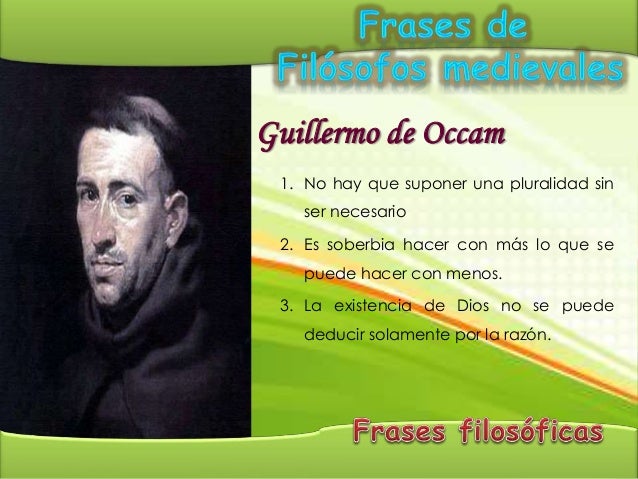

Second, he argues that we cannot separate the intellective (.


The former always arises with the latter, and whatever we can explain through the former, we can explain equally well through the latter. First, he raises doubts about the possibility of distinguishing intellective intuitive cognition from sensory intuitive cognition. Chatton has two main arguments for his point. On many occasions, Walter Chatton argues that this kind of cognition is unnecessary. Intellective intuitive cognition plays a key role in William of Ockham’s philosophy. A dangerous change, as this paper claims, if not speedily reconstructed and re-conceptualized, could lead to a disastrous situation in the socio-political reality of the Nigerian State. To this end, it posits a critique on the dangerous change in the signification of the term “Fulani”, in the conceptualization and perception of present day Nigeria people, of West Africa. ) This work claims that as a result of the connection between logic and ontology, conceptualization and perception, names and reality, the distortion of terms, which are the building blocks of propositions in logic could lead to a dangerous cognition and perception of ontological realities. It thus, employs this notion of signification of terms, to discuss the term “Fulani”, to show the danger potent in distorting the signification of the term “Fulani” as in every conventional and connotative terms. It expounds the notion of signification in Formal Logic as exposed by William of Ockham. This paper attempts to demonstrate that the logical problematic of signification, has a very dangerous socio-political effect due to the ontological implication that is connected to the signification of terms in logic.


 0 kommentar(er)
0 kommentar(er)
